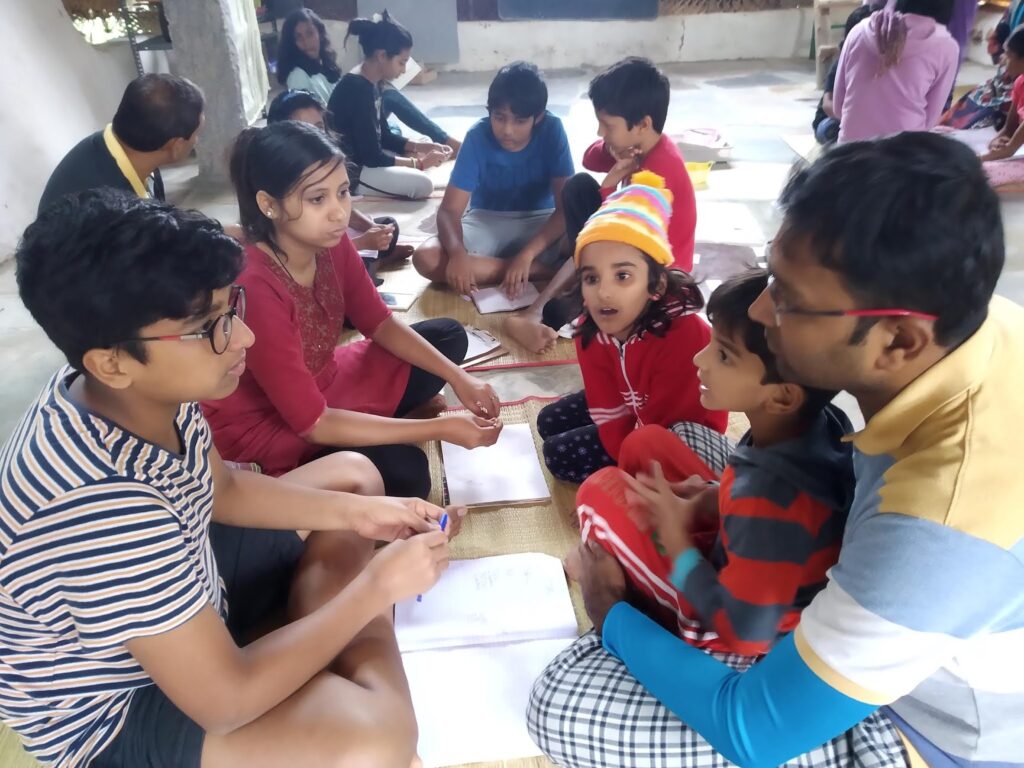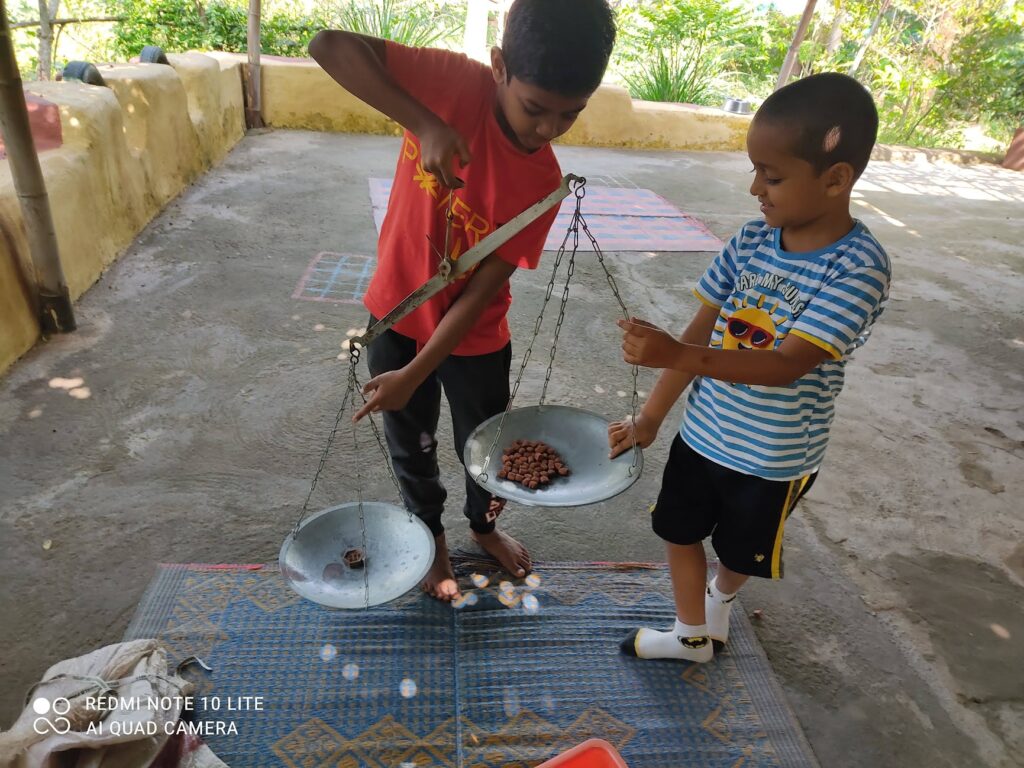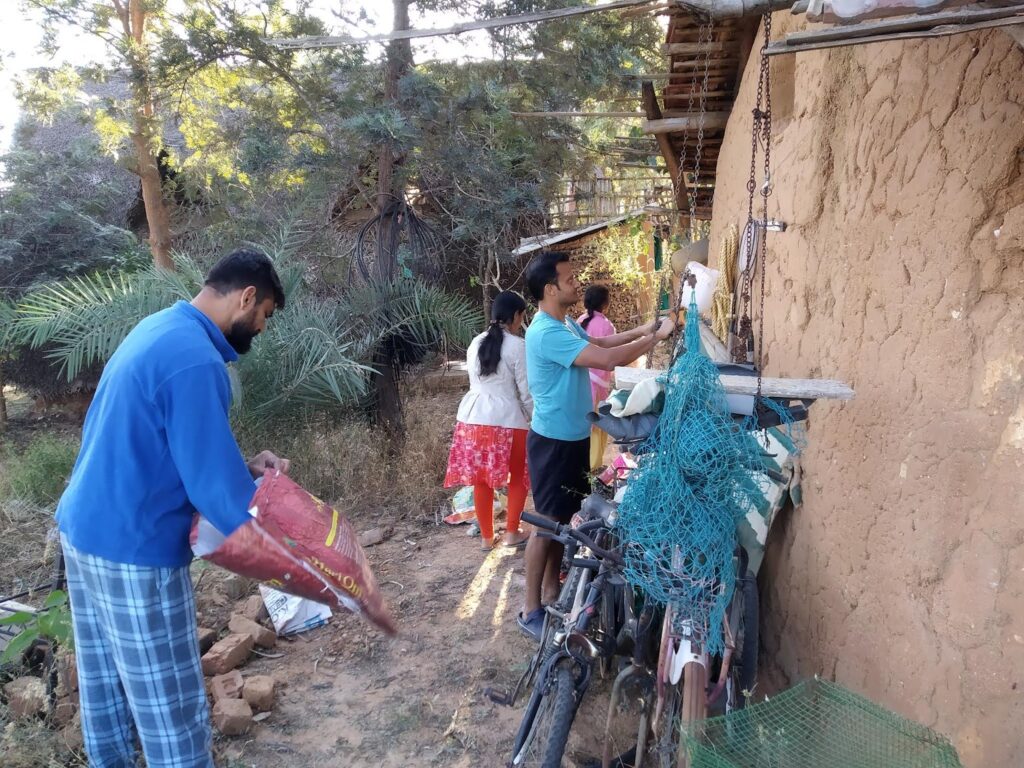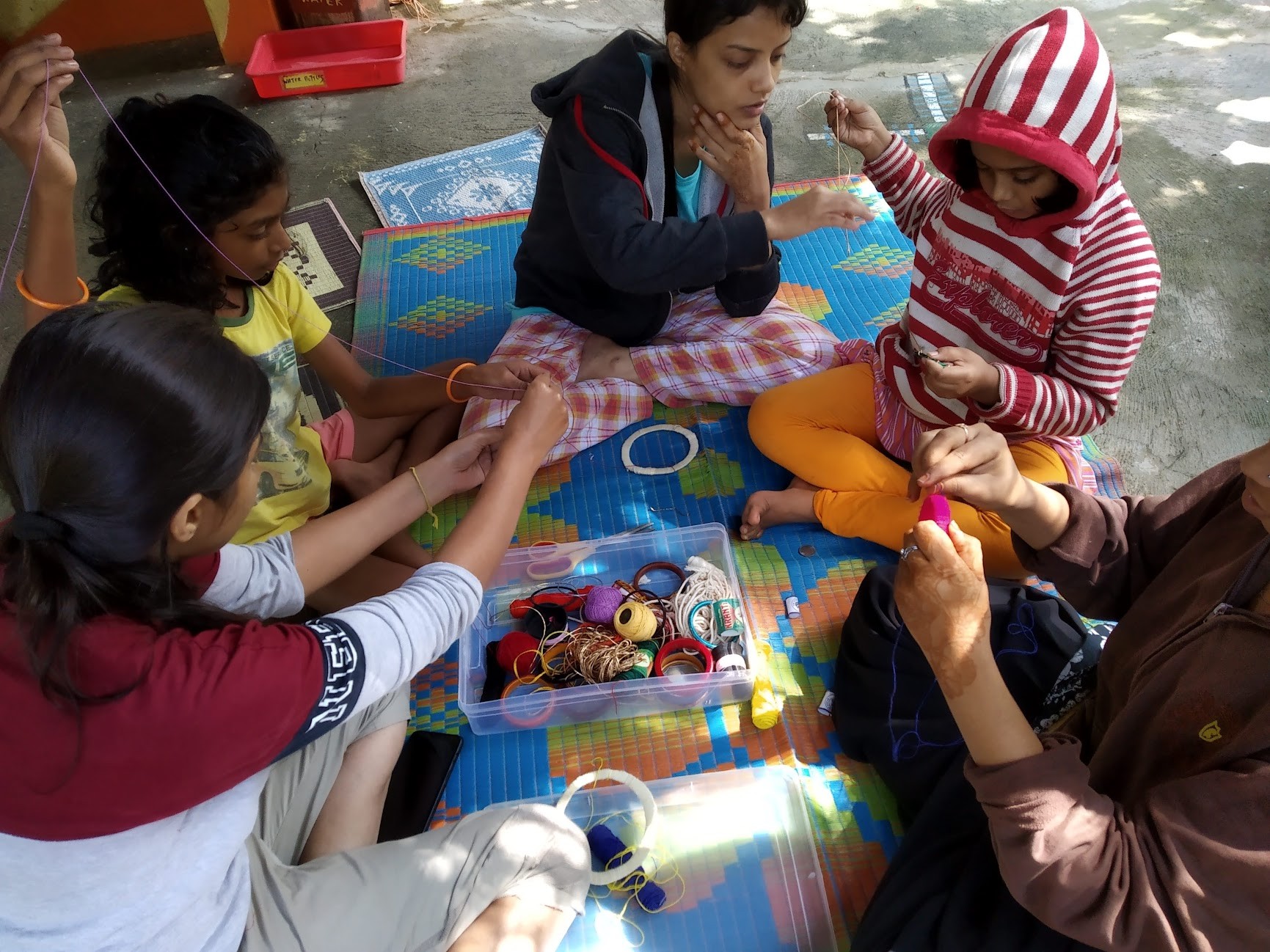Do we associate learning with children only? Do we interchange the words “Study” and “Learning”? Can we create a learning ecosystem at home? Can parents and children learn together? Let’s explore.
Every day I ask my child to make a plan and stick to it. Today, the same questions opened our conversation – did you read, write, and do math? He asked me, do you do your reading, writing, and math daily? The next question was – does Dadi read, write, and do math daily? I fumbled and scratched my head. This conversation sparked a series of questions.

- Why do we associate learning with children only?
As we grow up and get into work life to earn our livelihood, our learning remains restricted to the scope of work on a need basis. How often do we learn something out of curiosity? How often do we set learning goals and pursue active learning? Maybe rarely. Our short-term plan becomes a to-do list and long-term plans are more or less limited to vacation planning.
My current job has nothing to do with the institutional education I received for 15-17 years. Every day is a new day and I have to learn on the go. Why I don’t learn something new? Why I am not being curious? My child’s question helped me to pause and reflect. I chose to pursue intentional learning. Over the past three years, I’ve been steadily expanding my skill set and acquiring a wide knowledge of diverse subjects. The Internet is a goldmine for acquiring knowledge. Thanks to my child I am a self-learner today.
- Why learning and study is used interchangeably?
If we observe our conversation with our children around learning, it encircles the academic study. At the most, we extend the learning with a few extracurricular activities. Doesn’t learning happen all the time? How can kids plan what they’ll learn every day from just observing the world around them? How will they use those observations in their lives?
Despite being a keen observer, my son struggles in sitting for academic learning. We never traditionally learned mathematics, yet he learned various mathematical operations in his way by solving everyday problems. Interestingly, while he dislikes extensive writing, his verbal language skills are sharp and precise. He learned Hindi just by observation. Now he knows many Hindi words and phrases with their meanings and usage which we don’t use at home. He does not like to read science books; he prefers to learn applicable science in everyday living. The water problem in Bangalore made him more curious about how the environment is changing. Now he is the first one to conserve water in our home. I don’t have a certificate to validate his learning. He is learning in his own way and at his own pace.

- Why do we consider academic knowledge as learning?
We get satisfied by external validation through marks or ranks. The marks make us assume that learning happened. I aced biology in college, unfortunately, that knowledge doesn’t come in handy when my child asks a simple question that’s not covered in the curriculum. I resolved to learn more about my body.
How can I forget the pains I took to memorize the periodic table? What did I do with that after my schooling? Absolutely nothing! One day my child asked about the heaviest and toughest metal. We took this opportunity to learn about the periodic table. We studied the Periodic table to see the utility of various elements in our lives. Now we know why lithium powers our batteries!
Learning has no time limits or boundaries. It’s not about what you can show on paper; it’s about living and experiencing.
The argument about planning continues with my son. He doesn’t need a formal plan every day. He knows his schedule, where his time goes, his strengths, and his weaknesses. And guess what? I’m right here, cheering him on as his guide, not his teacher.
Creating a learning Ecosystem at home

- Let’s stop segregating learning into subjects. All knowledge interconnects. One cannot draw a clear boundary between math, science, and language.
- Parents need to introspect on what they want something for their child. They can have the awareness that a specific wish is their need or the child’s need. If it is a child’s need one can easily manage the learning around it.
- We can design the learning ecosystem to stimulate learning irrespective of age.It should be an open environment.
- Learning does not need a specific setting. It can happen in the kitchen or in the bathroom.
- Learning extends beyond mediums like reading or writing.Observation can stimulate a great deal of learning.
- Create an environment to reflect what everyone learned in one day. Barter the learning with other members and apply it in your everyday life. This will help to understand learning from other’s perspectives.
- Look for activities where parents and children can learn together. This helps in bridging the gap between experienced and novice.
- We all are teachers and learners.
- All learning can be valuable.We all learn-unlearn-relearn.
Learning is fun if we do it without the burden of outcome. It is a journey to be enjoyed. Let’s not make it a burden.
